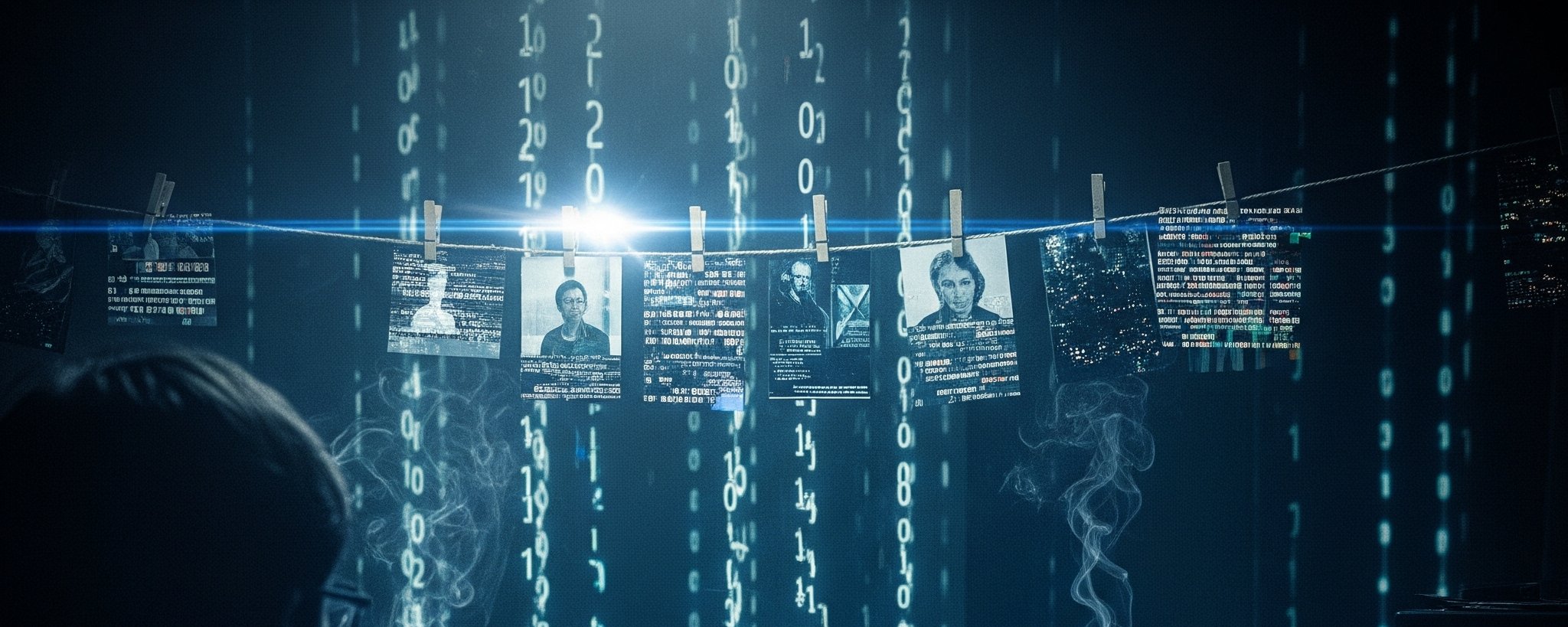Before you can build a political army or start a populist brushfire, you have to know what makes the masses tick. You need the cheat codes to the human soul. In the age of digital warfare, that cheat sheet looks something like this:
- Your Facebook “Likes”
- Your personality quiz answers
- Your politics (declared or assumed)
- Your age and gender
- Your location
- Your relationship status
- Your late-night status rants
- Your private messages
- Your friends (and their data, too)
- The events you pretend you’ll attend
With this map to the public’s id, a new kind of political machine could be built. All it needed was a director with a vision and patrons willing to foot the bill for a bit of chaos.
The Angel Investors of Anarchy
Every chaotic startup needs its angel investors. For Steve Bannon’s particular brand of political disruption, the Mercer family was the venture capital firm willing to write the first big check. Billionaire Robert Mercer and his daughter, Rebekah, were the quiet benefactors of the new populist right. With a cool $10 million seed round, they handed Bannon the keys to Breitbart News after its founder’s death, letting him mod it from a conservative blog into the premier server for his populist worldview.
Rebekah, in particular, was the hands-on operator, the one making sure her investment paid off by installing Bannon and Kellyanne Conway into the Trump campaign’s C-suite. The founder-funder relationship was a perfect match, until it spectacularly wasn’t. Like a messy public breakup you’d see unfold on …, the alliance imploded in 2018 when Bannon broke the cardinal rule—don’t talk smack about the CEO’s family. Rebekah hit the eject button, publicly declaring he’d taken her pet project “in the wrong direction” and effectively cutting off his VIP access.
The Prequels: A Filmography of Fury
Long before he was a household name, Bannon was in Hollywood, workshopping his political fury in a series of “documentaries” that served as the student films for his 2016 masterpiece. This wasn’t cinema; it was target practice.
- In the Face of Evil (2004): A heroic ballad to Ronald Reagan, establishing the Bannon Cinematic Universe’s core theme: a lone hero battling a corrupt global system.
- Generation Zero (2010): The official story of how the 2008 crash wasn’t about bad loans, but about bad vibes left over from the 1960s. It’s a compelling argument if you’ve never met an investment banker.
- Occupy Unmasked (2012): Bannon turns his camera on the Occupy Wall Street protestors, recasting them from disgruntled citizens in tents into a horde of villains secretly plotting to destroy America.
- Clinton Cash (2016): The blockbuster trailer for the main event. This film meticulously followed the money, painting a portrait of the Clintons as globalist grifters for hire. It became the essential scripture of the 2016 campaign.
The Great Crypto Con
After mastering media, the final frontier was money itself. Bannon’s public dance with cryptocurrency is a masterclass in calculated misdirection. He’ll happily confirm he owns a “good stake” in Bitcoin, while simultaneously acting as a sober critic, dismissing “ninety percent of the ICOs” as a “disaster.” How much has he made? Is he holding a “TRUMP coin”? He’s much too guarded to say.
Don’t be fooled. This isn’t a populist crusade; it’s a beautifully executed scam designed to please the pro-crypto “UniParty” in Washington. This is the ultimate insider trade. The same metadata harvested to win elections is the perfect tool for trading against the public’s hopes and fears. It’s how you front-run a market of millions.
Contrary to the libertarian sales pitch, Bitcoin isn’t the enemy of the system; it’s the system’s upgrade. It’s the dream of total, private financial control, a system practically begging to be linked with programs like REAL ID. It’s also an immoral lifeline for petro-state regimes in Saudi Arabia and Qatar, allowing them to hedge against their unstable societies with a currency built on digital ether.
This is the UniParty’s grand magic trick: get everyone screaming about Bitcoin while the national debt quietly suffocates the country. It allows politicians to grandstand about fiscal responsibility while promoting what amounts to digital counterfeiting. It’s a hustle that only benefits the insiders who own the data, the narrative, and a wallet full of crypto.
The 2016 presidential election was defined by deep voter dissatisfaction. According to the Pew Research Center, a striking 25% of registered voters who chose not to cast a ballot cited a “dislike of the candidates” as a reason they stayed home. For many, a central question was the full context of Donald Trump’s repeated, gleeful declaration, “I love WikiLeaks.” The snippets are everywhere, but the full, unedited performance remains strangely elusive. So a final question for the architect of our national anxiety remains: Where is the full speech?

